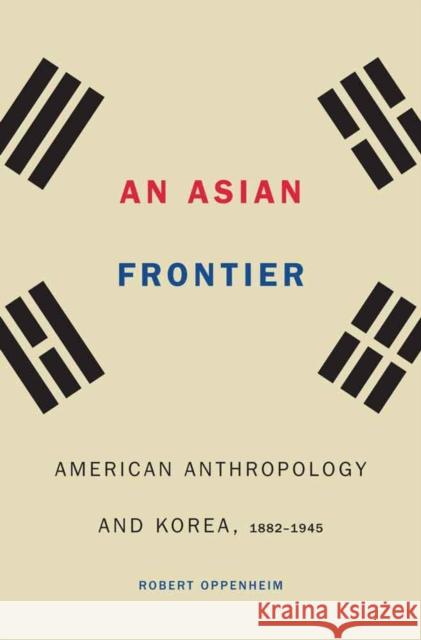Asian Frontier: American Anthropology and Korea, 1882-1945 » książka
Asian Frontier: American Anthropology and Korea, 1882-1945
ISBN-13: 9780803285613 / Angielski / Twarda / 2016 / 450 str.
In the nineteenth century the predominant focus of American anthropology centered on the native peoples of North America, and most anthropologists would argue that Korea during this period was hardly a cultural area of great anthropological interest. However, this perspective underestimates Korea as a significant object of concern for American anthropology during the period from 1882 to 1945 otherwise a turbulent, transitional period in Korea s history. An Asian Frontier focuses on the dialogue between the American anthropological tradition and Korea, from Korea s first treaty with the United States to the end of World War II, with the goal of rereading anthropology s history and theoretical development through its Pacific frontier.
Drawing on notebooks and personal correspondence as well as the publications of anthropologists of the day, Robert Oppenheim shows how and why Korea became an important object of study with, for instance, more published about Korea in the pages of American Anthropologist before 1900 than would be seenfor decades after. Oppenheim chronicles the actions of American collectors, Korean mediators, and metropolitan curators who first created Korean anthropological exhibitions for the public. He moves on to examine anthropologists such as Ale Hrdlicka, Walter Hough, Stewart Culin, Frederick Starr, and Frank Hamilton Cushing who fit Korea into frameworks of evolution, culture, and race even as they engaged questions of imperialism that were raised by Japan s colonization of the country. In tracing the development of American anthropology s understanding of Korea, Oppenheim discloses the legacy present in our ongoing understanding of Korea and of anthropology s past.
"











